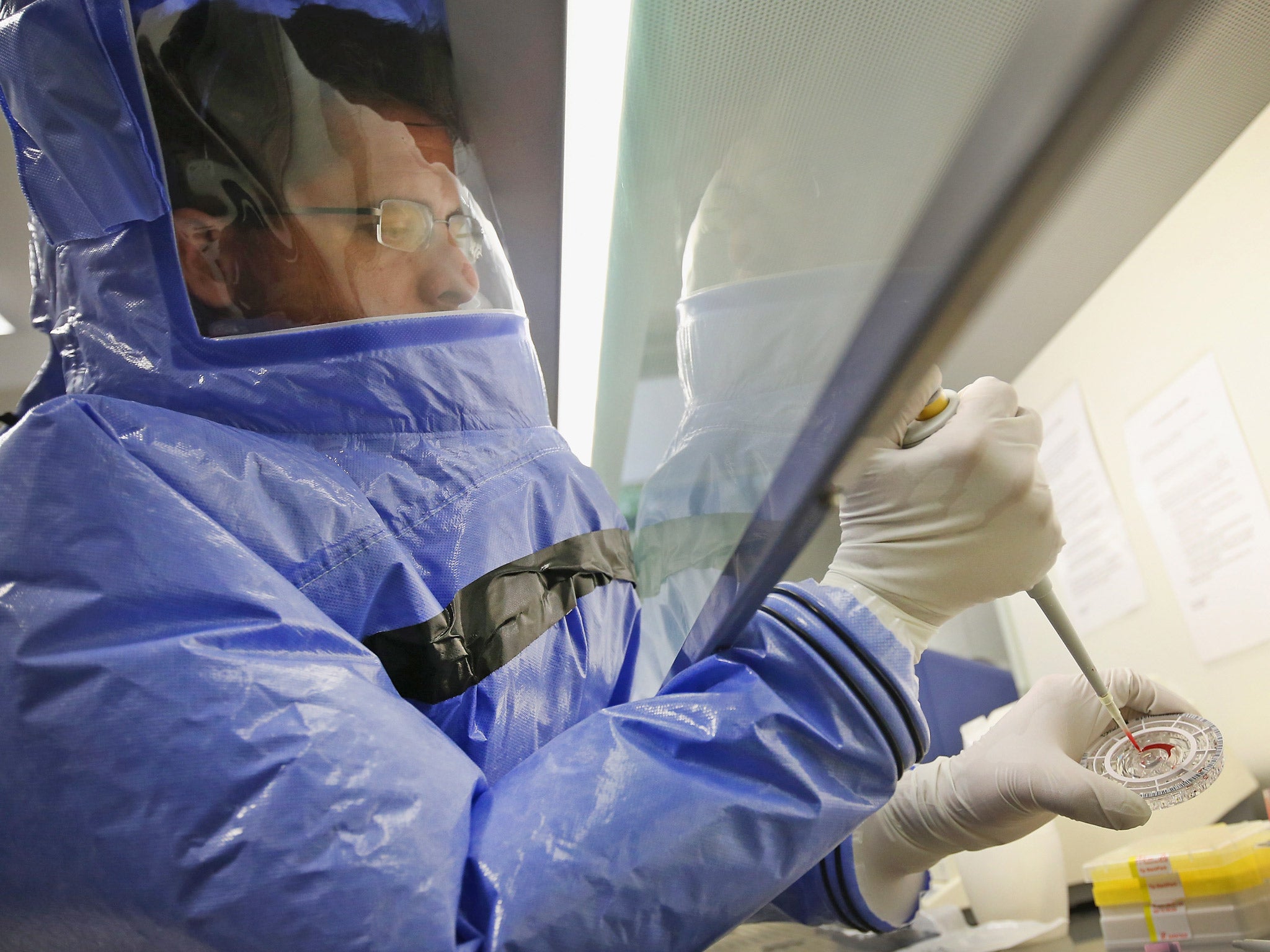Ebola outbreak: Blood of survivors could lead to cure, says WHO
In 1995 in DR Congo, seven of eight infected people given the therapy survived during an outbreak with an 80 per cent fatality rate

The best chance for an immediate treatment for Ebola patients in the worst outbreak in history may be readily available – in the blood of survivors.
With experimental drugs in short supply or not ready for use, global health officials are exploring whether the natural immunity survivors gain after they shed the virus can be shared with others. The idea would be to use their plasma, the part of blood that contains antibodies, to help fight off the infection.
Some early research suggests using blood from survivors could be a success. In 1995 in Kikwit in the Democratic Republic of Congo, seven of eight infected people given the therapy survived during an outbreak with an 80 per cent fatality rate. While studies have since showed conflicting results, the strategy is worth trying again as the current death toll rises, said David Wood, who leads a World Health Organisation team evaluating the approach.
It is “a feasible option”, said Mr Wood. “We’re consulting with the blood operators who have capability to assist, so that we can get some realistic sense of when this could be available as an option. We’ll have that information pretty soon.”
The WHO reported that by 13 August, 1,145 people had died from Ebola in Guinea, Sierra Leone, Liberia and Nigeria since the outbreak began. The virus causes bleeding from the eyes, ears and nose with most patients dying from multiple organ failure.
About 40 per cent of people infected in the current outbreak have survived, according to the WHO. Researchers are targeting those who lived for a treatment that may not require drugmakers to be involved at all. Once the researchers get the blood, they will test it for other diseases and then separate out the plasma.
Antibodies in plasma are produced by white blood cells in response to foreign invaders in the body. They bind to the microbes, either neutralising them or flagging them for other parts of the immune system to attack.
Mary Kate Hart, an immunology researcher who did early studies of Ebola antibodies for the US Army, said that transfusions from survivors may carry a benefit, especially if given early in the course of the disease, and are likely to be relatively safe.
“It is not a crazy idea to try,” said Ms Hart, who is no longer involved in the antibody research. Kent Brantly, the American aid worker infected with Ebola in Liberia last month, was given such a treatment.
Mr Brantly received a blood transfusion from a 14-year-old survivor, according to Samaritan’s Purse, a North Carolina-based aid group. He also received an experimental antibody-based therapy.
While his condition has improved, it is not known if either the blood transfusion or the treatment, called “ZMapp”, aided his recovery, or whether his immune system fought off the virus.
“This would be something that countries could try themselves, and it would be much more feasible and much more immediate,” David Heymann, a professor of infectious diseases at the London School of Hygiene and Tropical Medicine, said of the transfusion treatment. “But it shouldn’t take precedence over outbreak containment.”
Bloomberg
Join our commenting forum
Join thought-provoking conversations, follow other Independent readers and see their replies
0Comments